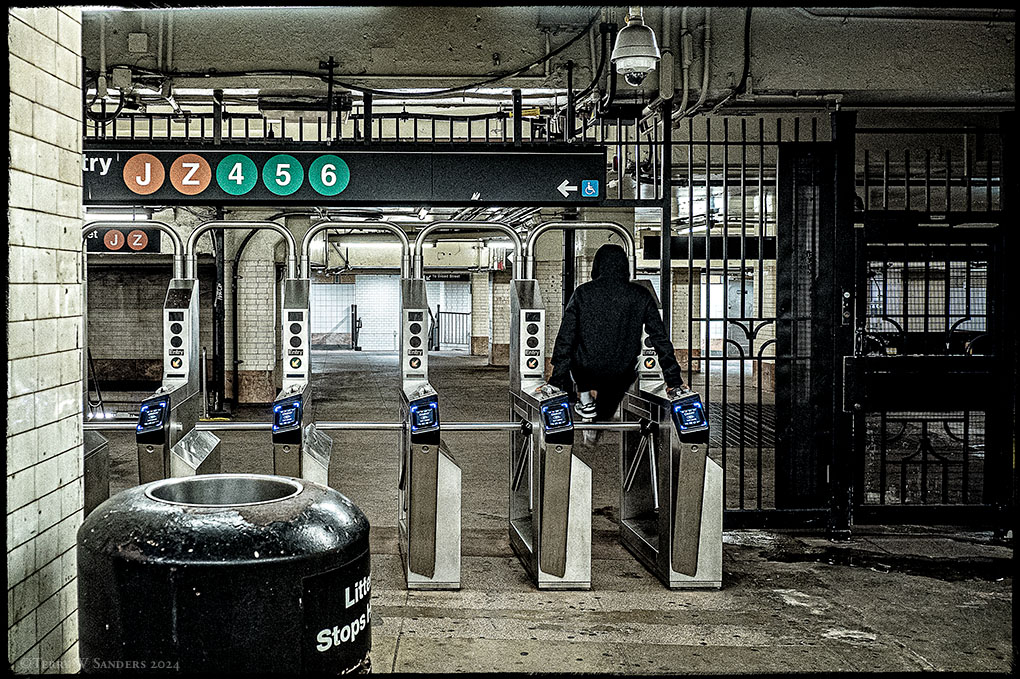Riding the subway in New York City is about to get more expensive, and the familiar yellow MetroCard may soon be gone for good, at least for riders who rely on the 30-day unlimited pass.
The Metropolitan Transportation Authority is preparing to raise fares by 4% before the end of the year, pushing the cost of a single ride to at least $3 from the current $2.90. At the same time, the agency is moving forward with its plan to phase out MetroCards and transition fully to OMNY, the contactless payment system launched in recent years.
The fare increase was originally projected to take effect in August, according to MTA budget documents, but no official date has been set. Any board vote to raise fares must be followed by a mandatory 60-day public comment period before the new prices can be implemented.
Meanwhile, MetroCards — still the only way to purchase a 30-day unlimited pass — are being gradually retired. OMNY currently offers a form of weekly capping: once a rider spends $34 in a seven-day period using tap-to-pay, they can ride free for the rest of the week. But there is no equivalent for a monthly unlimited option.
“Every year, about $40 million in value is left unused on MetroCards,” said MTA spokesperson Eugene Resnick. “We do not think that unused trip value is a good business model.”
MTA Chair Janno Lieber, speaking at a press conference last week, declined to commit to keeping a 30-day unlimited option under OMNY. “We’re considering other discounts, perks or bonuses for frequent riders,” he said. “We have the ability to do things with fares that are really not easy to do now. That’s one of the things we’re looking forward to.”
While the agency explores how to expand OMNY’s capabilities, the system itself is under growing scrutiny. Earlier this month, numerous riders reported being charged for trips they never took. MTA officials attributed the issue to a computer glitch and denied that customers were actually overcharged.
“Every single claim that has come to our attention of people saying ‘I was overcharged,’ in every case, they weren’t overcharged,” Lieber said. “What it is, and it’s a legitimate concern that we are trying to get the contractors to correct, is a lag in billing registering through people’s credit cards and other payment media. The riders don’t deserve to have that surprise when a lot of charges show up on their accounts.”
OMNY was developed under a $573 million contract signed with Cubic in 2017. The original timeline called for the MetroCard to be fully phased out by 2023. But the pandemic and a series of technical setbacks pushed total costs over $700 million and delayed full implementation until the end of 2025.











